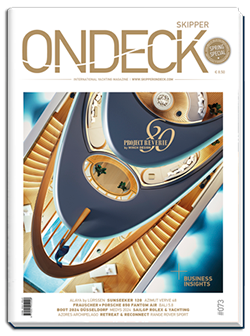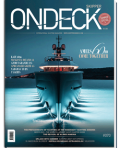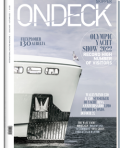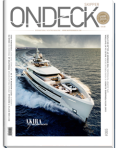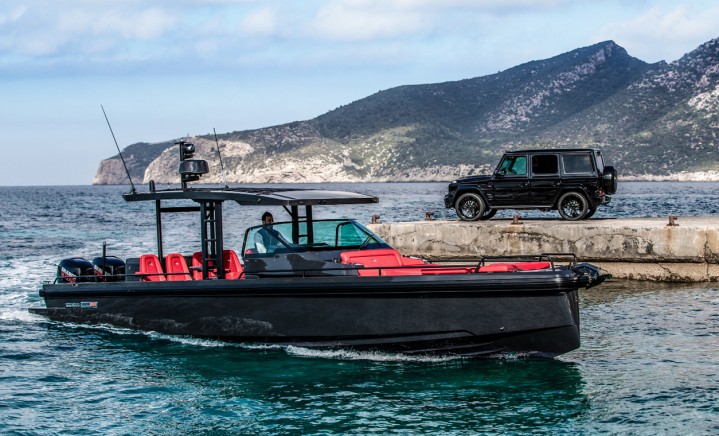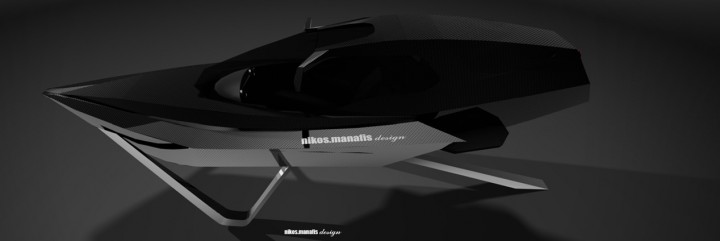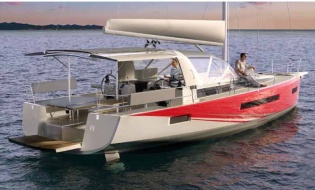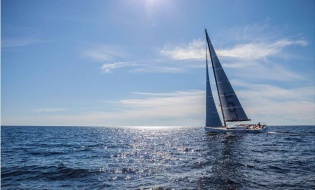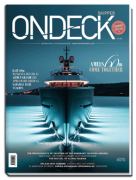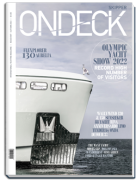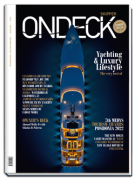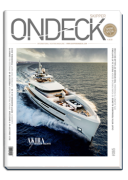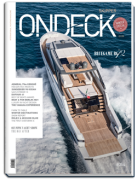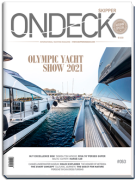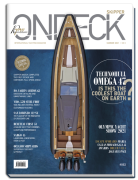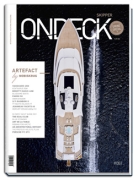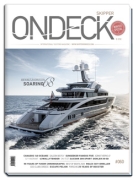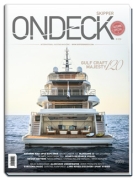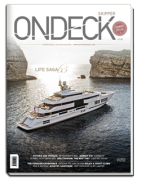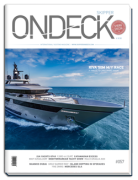
The environmental need to use green energy is the greatest challenge of our days in both the automotive and the maritime industry.
The new technological advancements announced on a daily basis have changed cars as we know them. But how do they and how does sustainable development translate into the world of yachting?
We are living in an era of great technological developments driven both by the latest (implemented) scientific discoveries and the new needs emerging from the contemporary socioeconomic reality. As a result, we are witnessing a growing number of innovations being democratized and introduced into our everyday life through products, tools or services. Our means of transportation could not be an exception. While this would seem the perfect occasion to revolutionize and reinvent mobility, the reality is harsher. In fact, being the industry with the largest carbon footprint, transportation was forced to implement alternative and/or more efficient powertrains and focus on sustainability.
In the automotive sector, this resulted in an increased investment in R&D and in order to afford it, the companies now feature double or triple the models they used to offer in their product line ten or twenty years ago and they need to renew each model every one or two years. To justify these models and their short lifecycle, the companies develop and integrate cheap (better economical) electronic systems that add value for the user. Thus, we see the introduction of new ideas, features and systems that enhance the user experience. Such are the idea of connectivity, the concept of a comprehensive user interface (UI), AI drive assisting systems in conjunction with drive by wire and advanced mechatronics systems (offered by previous R&D developments) and ultimately autonomy. All these have transformed the vehicles we once knew and continue to transform them towards some very clear future idea reflected in today’s concept cars. Personally, I doubt this is the most desirable future scenario or the best use of the existing technologies, but the Automotive industry was forced into this loop and did its best while racing for its life.
The Marine industry on the other hand (and especially the recreational sector) has the luxury of just implementing these already developed technologies. Furthermore, it has the advantage of enjoying less strict regulations compared to the automotive sector. This, combined with the shorter project development times (1-2 years in marine compared to 5 for the automotive) and easier return on investment (a couple of boats versus hundreds of thousands of cars) should logically lead to a new generation of innovative vessels. However, all we see (with few exceptions) is the implementation of innovative features in the classic recreational boat concept. The reason is that marketing departments aim for the classic, more conservative clients. What is hugely ignored is that people do not know what they want before you show it to them. Needs are constantly created, with the greatest example being the smartphone in our pockets. No one ever thought it would have any meaning before the i-phone.
The timing is right for the industry to be reinvented. Think out of the box, show respect to the industry’s history, shape the future of recreational vessels, initiate more people to the marine world, offering joy, sharing the passion and creating life memories while respecting and preserving the environment.
*Nikos Manafis Ir (Msc)
Architect Engineer
Industrial Design Engineer
Automotive Specialization
Founder of NIKOS MANAFIS DESIGN











